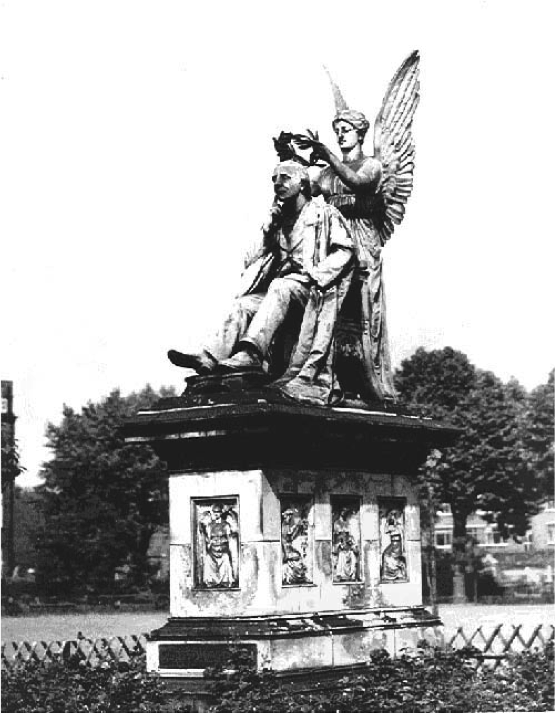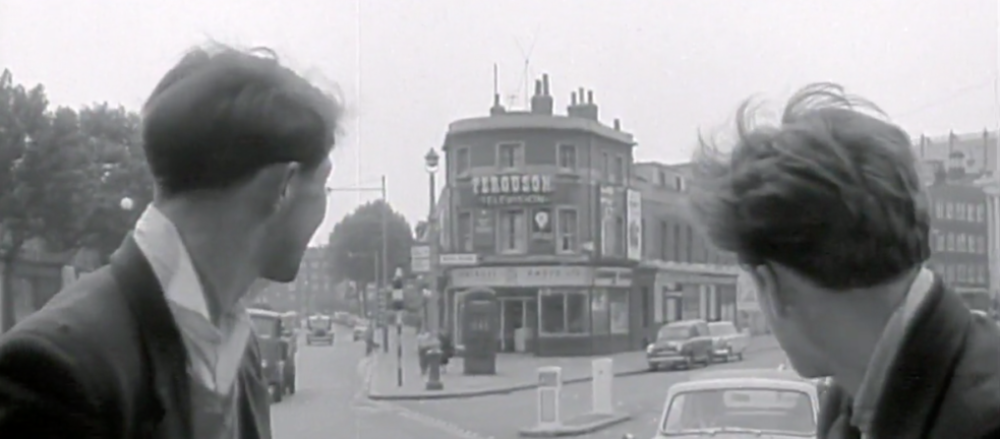The research division here at Observer have been working overtime to establish and claim feminist writer, politician, trailblazer and suffragette Millicent Fawcett as one of our own, and we think they’ve cracked it. Her many achievements are outlined here and if you’re the attentive sort you’ll be aware that she was the first female honoured with a statue in Parliament square a few years ago.
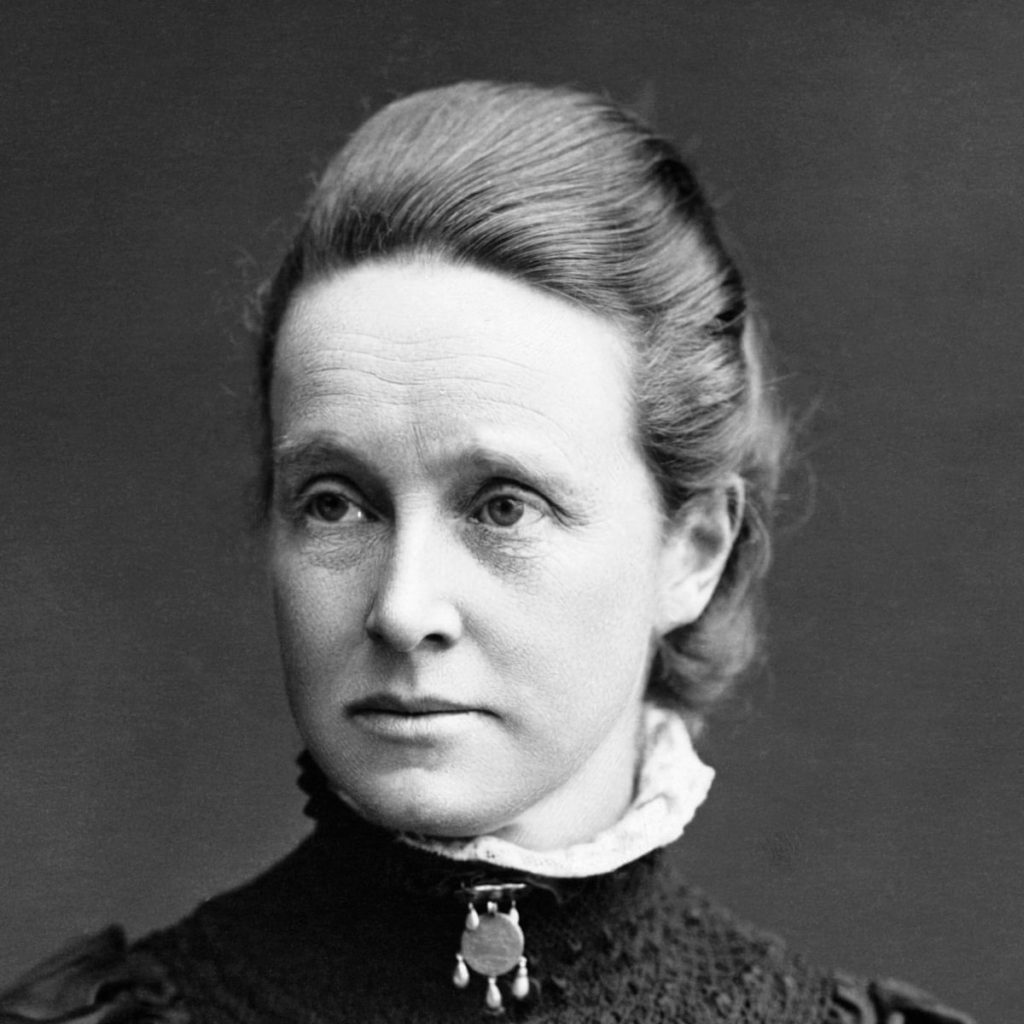
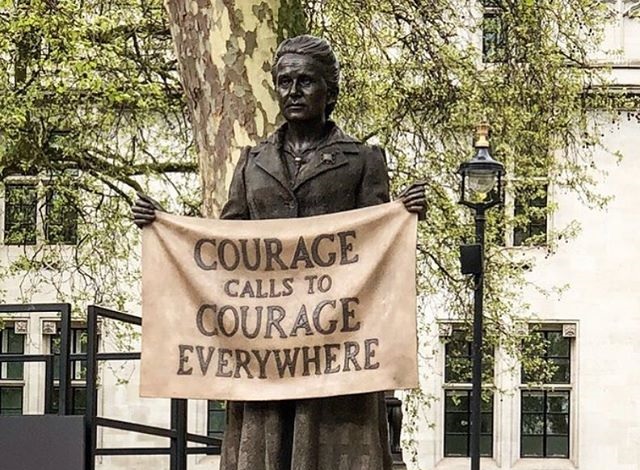
For a number of years Millicent and her equally esteemed husband Henry Fawcett lived in a house in what is now Vauxhall Park. The house included grounds and the couple realised that in an increasingly cramped Vauxhall this was a privilege which they wanted to share with others. Although the genesis of the idea came from Henry, when he died prematurely in 1884 it came down to Millicent and several other people to fashion the reality.
The Fawcett’s home and gardens extended from South Lambeth Road back quite a bit. Although spacious, the gardens weren’t quite large enough to create a promenading style park, so Millicent and another pioneering champion of the underdog, Octavia Hill, set about purchasing buildings to create a solid, square park. The park was opened by Prince Charles in 1890. And before you throw your laptops out the window, as he was the Duchy of Cornwall the ground beneath the park was (and is) technically his.
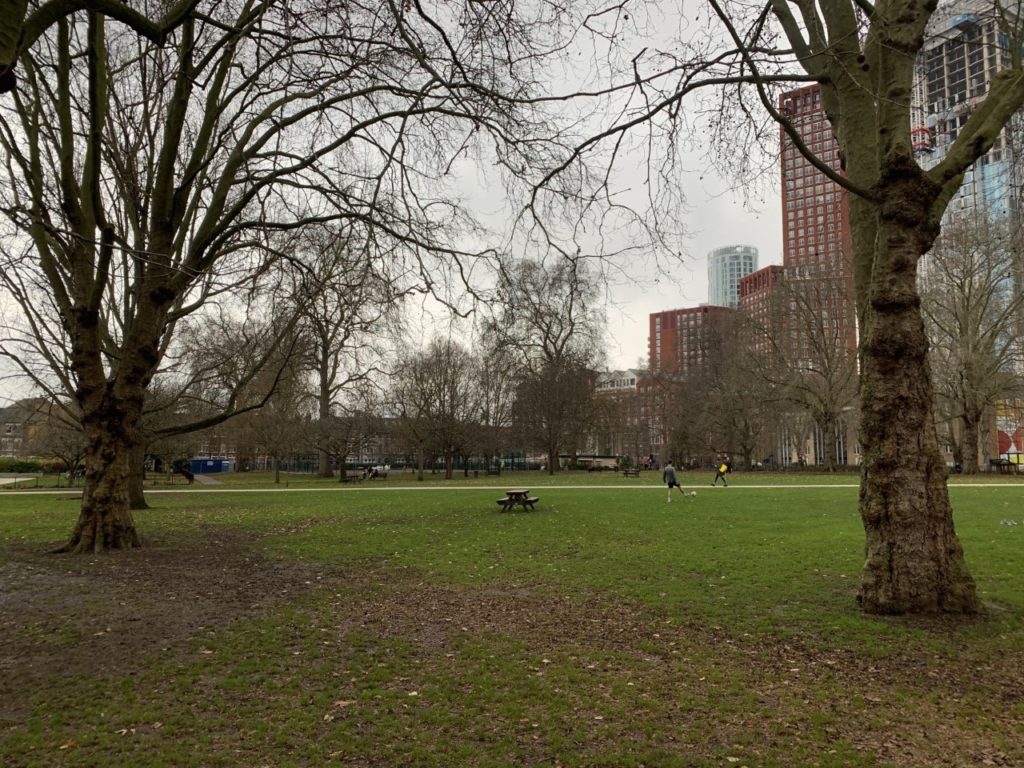
So, you may be asking yourselves ‘now why isn’t there a memorial to the Fawcetts in Vauxhall Park’? Well this is a great local mystery. There was a very fine stature created by the Vauxhall based Doulton factory of Henry (but not our heroine, go figure) and it lived in the park for 70 years. In a moment of characteristic insanity, Lambeth Council took a sledgehammer to the statue in 1960. Henry Fawcett’s legacy now lives on in the form of Henry Fawcett Primary School in Bowling Green Street in Oval. Apparently the bust of Henry in the school is all that remains of the vanquished statue, but this has never been proven. And when you compare a regal bronze statue in Parliament Square to a chipped bust in a primary school corridor, I think we know who ended up with the better deal.
Fawcett’s legacy lives in the form of the Fawcett Society, which is in Black Prince Road. Their mission is to fight sexism and gender inequality through research and campaigns.
